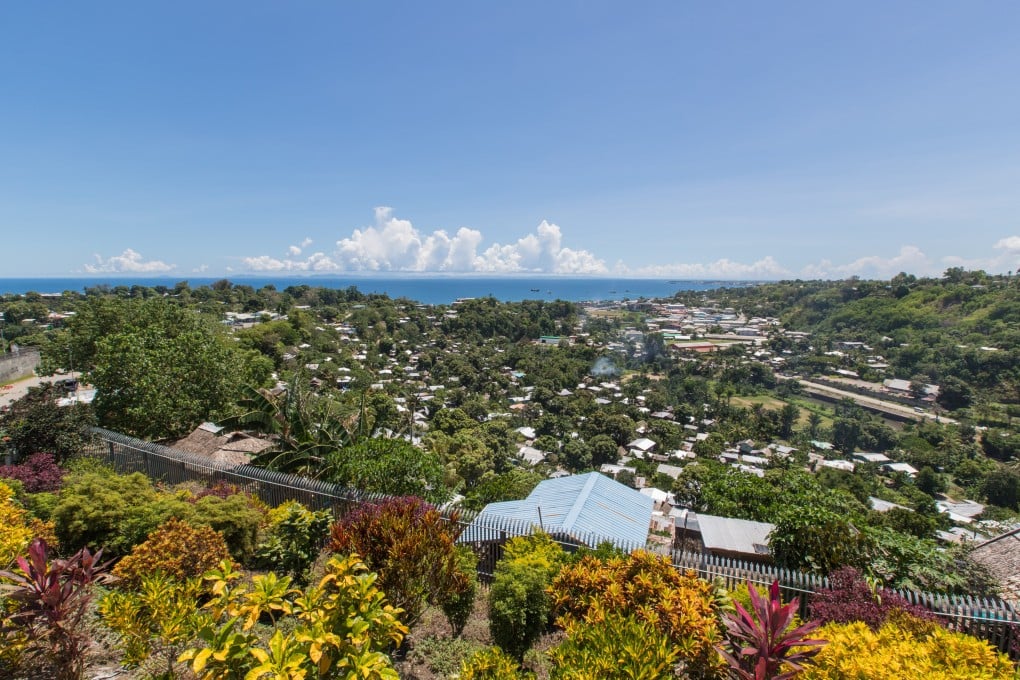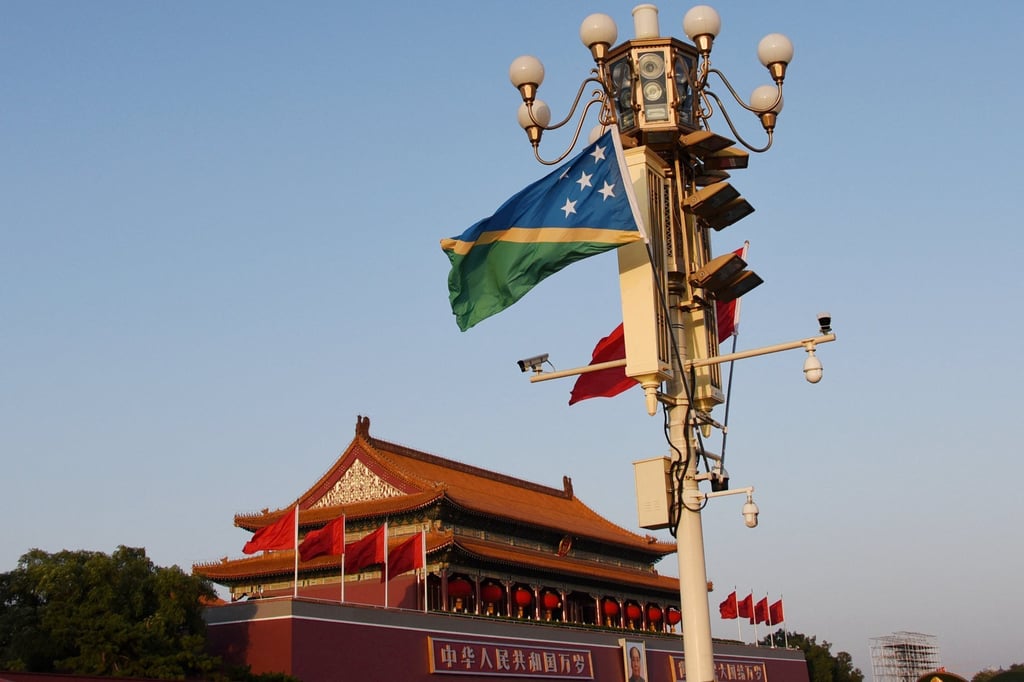Australia-China relations: Solomon Islands may lean less on the West with new pact, but at what cost?
- The Solomon Islands’ new security pact with China was driven by the inability of the West to adequately address the country’s development needs, analysts say
- While closer ties with Beijing will mean the Pacific nation need not ‘obey orders’ from Australia, there are concerns the pact will be used to curb domestic dissent

The sharp focus the Solomons has come under due to the pact was underscored on Friday, as the senior White House official Kurt Campbell arrived in the country after discussing concerns about it with neighbouring Fiji and Papua New Guinea this week.
The US and Canberra have expressed concerns that the pact could lead to China gaining a military foothold in the South Pacific. Beijing and the Honiara government confirmed the deal had been signed this week but the actual text has not been released.

Causing particular alarm to the US and its Western allies was a draft leaked last month that showed it would allow China to deploy naval assets to the Pacific nation.
The Solomon Islands Prime Minister Manasseh Sogavare on Wednesday said his government had signed the pact “with our eyes open”, but refused to say when the text of the deal might be published. He ruled out the prospect of China building a military base in the country.